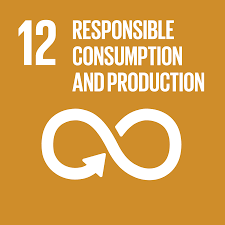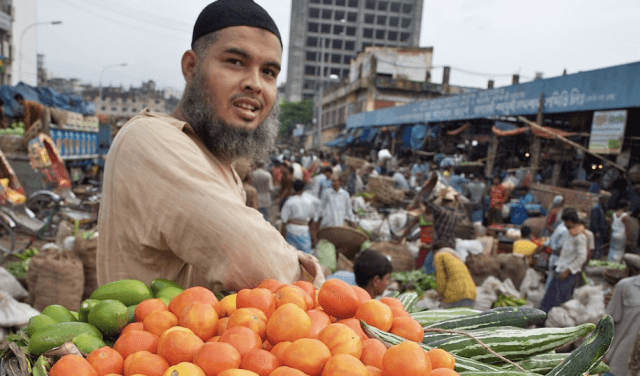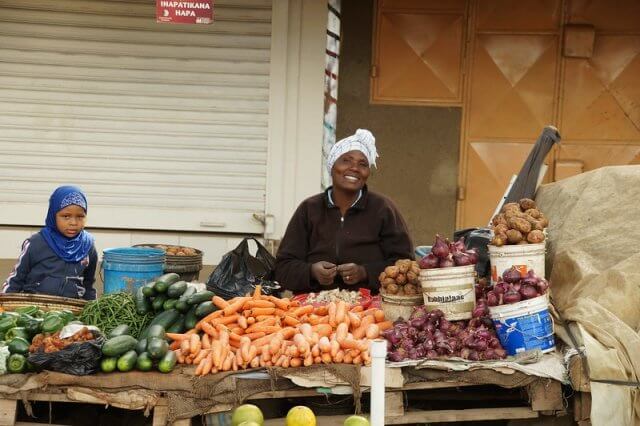The action and its aims
The collective aspiration of the city-wide partnership is to create a regenerative food system that enhances the environment, communities, and the economy. There are four aims: Expand the Birmingham Food Revolution; Establish as sustainable, ethical, and nourishing food system alongside a flourishing local economy; Foster more robust and resilient communities that aid the most vulnerable and address food insecurity; and Empower citizens to adopt a sustainable, ethical, healthy, and nutritious dietary pattern.
These aims will be achieved by delivering nine workstreams:
– empower residents and local producers to cultivate and preserve food, while establishing connections within the city’s food system
– Optimize the utilization and distribution of surplus food, while minimizing waste and the use of environmentally unsustainable packaging
– Establish the capacity, opportunity, and incentive for essential behaviors that will facilitate lasting transformation
– Enhance the procurement of locally produced, environmentally sustainable, ethically sourced, and nutritious foods throughout the food system
– Foster a vibrant local food economy that benefits everyone, while also maximizing training and employment prospects
– Guarantee that individuals across all communities, spanning all age groups, have access to affordable, nutritious, and safe food
– Transform diets to incorporate a wider range of nutritious ingredients, while reducing the consumption of fats, salt, and sugars.
– Provide citizens with the education and competencies necessary to navigate the food system comprehensively, from agricultural production to consumption
– Collect valuable insights and foster innovation, cooperation, learning, and research throughout the entirety of the food system
When it was introduced
In 2021, Birmingham City Council brought together a dedicated Food Systems Team tasked with formulating a comprehensive food strategy. The Strategy was launched in 2022.
Why it was needed
Numerous significant challenges within the food system are evident. Birmingham faces a high prevalence of takeaways and convenience stores, particularly in underprivileged regions. Notably, 40% of Birmingham residents indulge in takeout meals once a month. Furthermore, specific areas of Birmingham face limited access to supermarkets, resulting in diminished availability of affordable, healthy food option.
When examining dietary habits, it emerges that merely half of Birmingham’s population consumes the recommended five portions of fruits and vegetables daily. Alarmingly, fruits and vegetables constitute just 11% of overall expenditure, whereas 34% of expenditures are directed towards foods high in fat, salt, and sugar, as well as takeout items. Moreover, food insecurity remains a pressing issue, with 7% of Birmingham residents resorting to food banks during lockdown, as reported in Birmingham Food Survey.
Equally concerning is the high prevalence of obesity, manifesting in more than a third of 10-11 year-olds and a staggering two-thirds of adults in Birmingham classified as overweight or obese.
Who initiated it, who is involved
The city of Birmingham engaged with political leaders to create a city-wide partnership, which then developed the Food Systems Strategy in 2022.
Partners who have contributed include: Citizens and community groups, Creating a Healthy City Food Forum with stakeholders from across the city, Food Poverty Core Group, Food Justice Network, Third sector organisations, Community groups, Schools and nurseries, Public sector services, Training providers, Universities and academics, Food system innovation projects, Food producers and distributors, Caterers, Food businesses, Business Improvement Districts, Dietitians.
Birmingham Food Conservations were initiated to gain insights into the real-life encounters of more than 400 individuals representing diverse communities of Birmingham. These insights were derived from 33 guided focus group sessions facilitated by 24 selected providers.
Impacts to date
For updates on the impact go the City of Birmingham’s website.






